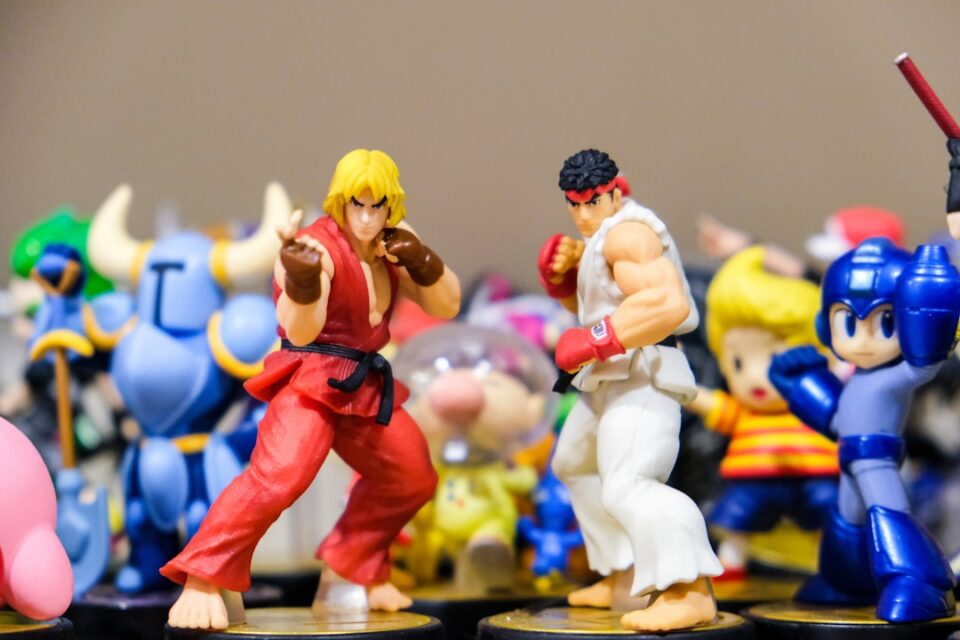The ethics of game development: Addressing controversies surrounding labor practices and crunch
In recent years, the gaming industry has seen a surge in controversies surrounding labor practices and the concept of “crunch.” Crunch refers to the practice of working long hours, often at the expense of employee well-being, to meet production deadlines or to meet the demands of the gaming community. These controversies have sparked discussions about the ethics of game development and the importance of creating a healthy and sustainable work environment in this industry.
Game development is a complex and demanding process that requires the coordination of various teams and specializations. The pressure to meet deadlines, deliver high-quality games, and satisfy the expectations of players can be immense. Unfortunately, these pressures often result in long work hours, excessive overtime, and the exploitation of workers who are passionate about their craft.
One of the main concerns surrounding labor practices in game development is the lack of work-life balance. Developers have reported working 80 or more hours a week during crunch periods, leaving little time for personal lives, rest, and self-care. This continuous cycle of overwork can lead to physical and mental health issues, strained relationships, and ultimately, a decrease in productivity and creativity.
Another ethical concern is the contract-based nature of employment in the gaming industry. Many developers work on a project-to-project basis, which creates job instability and financial uncertainty. This lack of stability can put immense pressure on individuals to accept long hours and poor working conditions, fearing that refusing such demands might result in unemployment or the inability to secure future contracts.
Moreover, the culture of “crunch” has become deeply ingrained in the gaming industry. It is often seen as a necessary sacrifice required to create successful games. However, this mentality not only perpetuates an unhealthy work environment but also hampers the industry’s ability to attract and retain talent. Talented individuals may be deterred from joining the industry or decide to leave due to these working conditions.
To address these ethical concerns, game developers and industry leaders need to prioritize the well-being of their employees. The implementation of fair labor practices should be a priority, which includes setting reasonable work hours, providing adequate breaks, and ensuring that overtime is compensated fairly. Creating a healthy work-life balance is crucial for both the physical and mental well-being of employees.
Furthermore, the industry needs to move away from the culture of “crunch” and embrace more sustainable development practices. This may involve reevaluating production timelines, adopting agile development methodologies, and including more realistic expectations in game planning. By doing so, developers can reduce the need for excessive overtime and create a more sustainable work environment.
Promoting job stability is also vital for improving labor practices in game development. Companies should consider offering more permanent positions instead of relying heavily on a project-based model. This can provide employees with a sense of security, fair compensation, benefits, and opportunities for career growth and development.
Additionally, fostering a supportive and inclusive work environment can help address the ethical concerns surrounding game development labor practices. Encouraging open communication, empathy, and employee feedback can create a sense of belonging and increase job satisfaction within the industry. Recognizing and valuing the contributions of individual employees can go a long way in promoting a positive and ethical work culture.
In conclusion, the ethics of game development need to be carefully examined and addressed. The controversies surrounding labor practices and crunch highlight the need for change within the industry. Fair labor practices, promoting work-life balance, and fostering a supportive work culture are essential steps towards creating a healthier and more sustainable game development industry. By prioritizing the well-being of employees, the gaming industry can not only protect its talent but also produce better, more innovative games that are appreciated by players worldwide.


